Quebec Pension Plan, when to claim your retirement pension?
To be eligible for the retirement pension, you must be at least 60 years old and have contributed sufficiently to the Quebec Pension Plan.
Summary of the Quebec Pension Plan:
In 2019, only 1% of women and 6.1% of newly retired men received the maximum pension!
The Quebec Pension Plan is public and mandatory.
If you declare more than $3,500 in income and are 18 years or older, you must contribute to the Quebec Pension Plan.
In 2020, the maximum contribution was reached when you declared $58,700 in income for the base plan.
A long-term increase of 1% in the contribution rate is planned (spread over a period of 5 years).
The base plan currently replaces about 25% of the income on which you contributed if you claim your retirement pension at 65.
Starting in 2024, an additional contribution rate of 4% is planned for those earning over $55,900, i.e., between $55,900 and $63,700.
The goal is to finance the income replacement rate, which will gradually increase from 25% to 33.33%.
The maximum receivable amount was $1,208.26 per month at age 65 in 2021.
Factors to consider to determine when to claim your Quebec Pension Plan (QPP)
Life expectancy and inflation.
Life expectancy increases year by year. Did you know that your life expectancy at birth for men is 79.9 years and for women is 84 years?
Did you know that if you surpass the age of 65, your life expectancy increases? Indeed, for men, it rises to 84.3 years, and for women, it rises to 87.1 years.
Let’s take the example of a woman who started her career at the age of 23 and retired at 55. In the end, she could spend as much time in retirement (87 – 55 = 32 years) as in her active working period (55 – 23 = 32 years).
Most experts agree that many individuals should wait until they are 70 years old before claiming their Quebec Pension Plan (QPP) benefits.
In financial planning, there is no perfect answer. It often depends on individual circumstances. Moreover, you have a 25% chance of still being alive at 95 years old!
Considering inflation before requesting your retirement pension.
You might be thinking, “You only live once, might as well enjoy it while we’re healthy.” Indeed, this statement can influence your decision on when to claim your retirement pension, be it at 60, 65, or 70.
However, you must take into account a determining factor: inflation. This refers to the general increase in prices.
The typical retiree’s issue: facing low but constant inflation, and only some of their income is indexed. Which income source is indexed? You need to know before you retire.
As you may have guessed, the Quebec Pension Plan (QPP) is indexed to inflation. Do not overlook this aspect, as it must be considered crucially in your retirement planning. The QPP is, therefore, a reliable, secure, and indexed income source.
Claiming your retirement pension before 65
In the event you request your pension before the official age of 65, the adjustment factor will remain at 0.5% per month for a person receiving a very low pension, but it will reach up to a maximum of 0.6% for a person receiving the maximum pension. Thus, a reduction ranging from 30% to 36%.
On the other hand, the opposite is also true and can be more rewarding.
If you are 65 or older, the pension will be increased by 0.7% for each month elapsed since your 65th birthday, up to a maximum of 42% at 70.
Since the modification of these percentages that began in 2014, if you survive to your 74th year, you will then be financially at a loss for having requested your pension at 60 instead of 65.
You must ask yourself what capital is needed to compensate for the amount of the Quebec Pension Plan (QPP) during the deferral of my pension to 65, assuming a discount rate (indexation) of 2%? The answer: $41,795.
If you have this amount, would it be worth waiting until you’re 65 to access a full, reliable, secure, indexed, and lifelong pension?
In 2019, only 1% of women and 6.1% of newly retired men received the maximum pension…
Here is a summary of the plan in a few lines:
The plan is public and mandatory.
You must contribute if you are 18 years old or older and declare more than $3,500 in income;
In 2020, the maximum contribution is reached when you declare $58,700 of income for the basic plan.
A long-term increase of 1% in the contribution rate is planned (increase spread over a period of 5 years).
The basic plan currently replaces about 25% of the income on which you contributed if you apply for your retirement pension at 65.
Starting in 2024, an additional contribution rate of 4% is planned for those earning over $55,900, i.e., between $55,900 and $63,700.
The goal is to finance the income replacement rate, which will gradually increase from 25% to 33.33%.
The maximum amount receivable is $1,208.26 per month at 65 in 2021.
To be eligible for the retirement pension, you must be at least 60 years old and have contributed sufficiently to the Quebec Pension Plan.
Right from the start, do not underestimate your life expectancy. Did you know that life expectancy at birth for men is 79.9 years and for women is 84 years?
But even more importantly, did you know that if you cross the threshold of 65 years, your life expectancy increases? Indeed, for men, it rises to 84.3 years, and for women, it increases to 87.1 years.
So, let’s consider a woman who started her career at the age of 23 and retires at 55. In the end, it becomes evident that she could spend as much time in retirement (87 – 55 = 32 years) as in her active working years (55 – 23 = 32 years).
Most experts agree that many individuals should wait until the age of 70 before claiming their pensions from the Quebec Pension Plan (QPP).
I often say that in finance, in planning, there is no perfect answer. It is often a case-by-case scenario. As mentioned earlier, do not underestimate your life expectancy. One may have been struck by the death of a loved one, but it is essential to remain realistic. You have a 25% chance of still being alive at 95 years old!
You might also be inclined to say, “We only have one life to live, might as well enjoy it while we are healthy.” Indeed, this statement can be part of your reflection in making decisions.
To that end, I would like to discuss your number one enemy as a retiree, and I’m talking about inflation. This refers to the general rise in prices.
The typical retiree’s problem: facing low but constant inflation, and only some of their income is indexed.
So, it is crucial to know which source of income is indexed to inflation before retiring.
As you may have guessed, the Quebec Pension Plan (QPP) is indexed to inflation. Do not overlook this aspect. It is vital in retirement planning. The QPP is a reliable, secure, and indexed income.
Where the problem arises is when one decides to claim their pension before the official age of 65.
-
-
- The adjustment factor will remain at 0.5% per month for a person receiving a very low pension, but it will reach up to a maximum of 0.6% for a person receiving the maximum pension. (So, a decrease ranging between 30% and 36%).
-
On the other hand, the opposite is also true and can be even more rewarding.
-
-
- If you are 65 years or older, the pension will be increased by 0.7% for each month since your 65th birthday, up to a maximum of 42% at 70 years.
-
Since the modification of these percentages that began in 2014, it is important to know that the breakeven point between waiting until age 65 and claiming your pension at 60 has shifted from 79 years to 74 years. In other words, from now on, if you survive beyond 74 years, you will be monetarily at a loss for having claimed your pension at 60 instead of waiting until 65.
The question is: What is the capital needed to compensate for the RRQ amount during the deferral of my pension until 65 years, considering a discount rate (indexation) of 2%? The answer: $41,795.
If you have this amount, wouldn’t it be worth waiting until you are 65 to secure a full, reliable, secure, indexed, and lifelong pension?
The comments contained in this article are a general discussion of certain issues, provided for informational purposes only, and should not be considered as tax or legal advice. Please seek independent professional advice in the context of your particular situation. This article was written, designed, and produced by [advisor’s name], Mutual Fund Representative with Investia Financial Services Inc. and does not necessarily reflect the opinion of Investia Financial Services Inc. The information contained in this article is sourced from what we believe to be reliable sources, but we cannot guarantee its accuracy or reliability. The opinions expressed are based on an analysis and interpretation as of the publication date and are subject to change without notice. Furthermore, they do not constitute an offer or solicitation to buy or sell securities.
Investments in mutual funds, exempt market products, and exchange-traded funds may be subject to commissions, trailing commissions, management fees, and other expenses. Please read the fund overview or prospectus carefully before making an investment. Investments in mutual funds, exempt market products, and exchange-traded funds are not guaranteed, their values often fluctuate, and past performance is not indicative of future returns.

